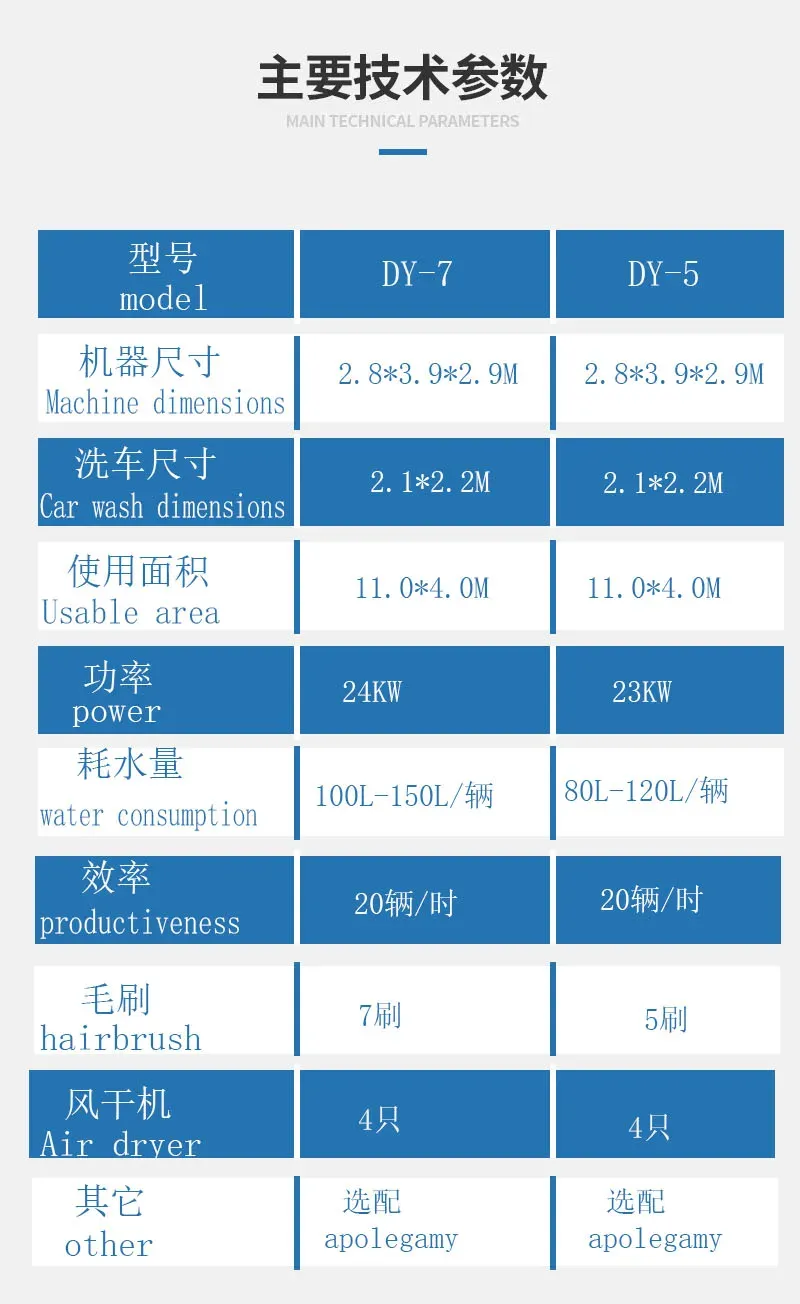
- Afrikaans
- Albanian
- Amharic
- Arabic
- Armenian
- Azerbaijani
- Basque
- Belarusian
- Bengali
- Bosnian
- Bulgarian
- Catalan
- Cebuano
- Corsican
- Croatian
- Czech
- Danish
- Dutch
- English
- Esperanto
- Estonian
- Finnish
- French
- Frisian
- Galician
- Georgian
- German
- Greek
- Gujarati
- Haitian Creole
- hausa
- hawaiian
- Hebrew
- Hindi
- Miao
- Hungarian
- Icelandic
- igbo
- Indonesian
- irish
- Italian
- Japanese
- Javanese
- Kannada
- kazakh
- Khmer
- Rwandese
- Korean
- Kurdish
- Kyrgyz
- Lao
- Latin
- Latvian
- Lithuanian
- Luxembourgish
- Macedonian
- Malgashi
- Malay
- Malayalam
- Maltese
- Maori
- Marathi
- Mongolian
- Myanmar
- Nepali
- Norwegian
- Norwegian
- Occitan
- Pashto
- Persian
- Polish
- Portuguese
- Punjabi
- Romanian
- Russian
- Samoan
- Scottish Gaelic
- Serbian
- Sesotho
- Shona
- Sindhi
- Sinhala
- Slovak
- Slovenian
- Somali
- Spanish
- Sundanese
- Swahili
- Swedish
- Tagalog
- Tajik
- Tamil
- Tatar
- Telugu
- Thai
- Turkish
- Turkmen
- Ukrainian
- Urdu
- Uighur
- Uzbek
- Vietnamese
- Welsh
- Bantu
- Yiddish
- Yoruba
automated truck wash system
The Rise of Automated Truck Wash Systems Revolutionizing Fleet Maintenance
In the era of advanced technology and automation, industries across the board are adapting to innovative solutions that streamline operations, enhance efficiency, and improve service quality. One area that has seen remarkable advancements is the maintenance of commercial vehicles, particularly through the implementation of automated truck wash systems. As fleet operators strive to reduce downtime and ensure their vehicles are always road-ready, these automated systems are becoming indispensable.
The Importance of Clean Trucks
The cleanliness of a fleet not only impacts aesthetics but also plays a crucial role in operational efficiency. Dirty trucks can attract grime, which can deteriorate the vehicle’s components and affect performance. Additionally, maintaining a clean fleet enhances a company's image and promotes compliance with regulations related to vehicle maintenance. Therefore, regular washing is essential.
Traditionally, truck washing was a labor-intensive process that required significant manpower and time. With the growing pressure to optimize resources, many operators have turned to automated truck wash systems as a solution.
How Automated Truck Wash Systems Work
Automated truck wash systems utilize advanced technologies to clean vehicles quickly and effectively while minimizing water and detergent usage. These systems typically consist of several components designed to cleanse trucks efficiently
1. Pre-Wash Station Before undergoing the main wash, trucks often pass through a pre-wash station where high-pressure water jets remove loose dirt and debris.
2. Wash Tunnel This is the core of an automated truck wash system. As the vehicle moves through the tunnel, brushes or cloths equipped with gentle cleaning agents scrub the surface. Advanced systems may also use foam applications to lift stubborn grime.
3. Rinse Cycle After the wash, a thorough rinse with high-pressure water ensures that all soap and dirt are washed away.
4. Drying Station To prevent water spots and streaks, many automated systems include powerful blowers that dry the vehicle as it exits the wash.
automated truck wash system

5. Water Recycling Modern systems often incorporate water recycling processes, allowing a significant reduction in water consumption and promoting sustainability—an increasingly important factor for many businesses today.
Benefits of Automated Truck Wash Systems
1. Time Efficiency Automated truck wash systems drastically reduce the time required to wash a fleet. What previously took hours now takes only minutes, allowing vehicles to return to service promptly.
2. Labor Savings By minimizing the need for manual labor, businesses can allocate their workforce more effectively, reducing labor costs associated with maintenance.
3. Consistent Results Automated systems deliver uniform cleaning results, ensuring that each vehicle receives the same level of service, which is often not easily achievable with manual washing.
4. Improved Safety Regular washing improves visibility by keeping windshields and headlights clean, contributing to overall road safety. Moreover, a clean fleet reduces the risk of corrosion and damage from accumulated grime.
5. Environmental Responsibility With features like water recycling and reduced chemical use, automated truck wash systems promote eco-friendly practices, aligning with the sustainability goals of many companies.
The Future of Fleet Washing
As technology continues to evolve, we can anticipate even more innovation in automated truck wash systems. Smart technology integration, such as IoT devices, could allow for real-time monitoring of vehicle cleanliness, automating wash schedules based on route and weather conditions. Moreover, advancements in environmentally friendly detergents and water-saving technologies will further enhance the sustainability of these systems.
In conclusion, the adoption of automated truck wash systems is a game-changer for fleet management. By enhancing cleaning efficiency, reducing costs, and promoting sustainability, these systems are not just a luxury but a necessary evolution in the realm of commercial vehicle maintenance. As the industry moves forward, embracing technology will be key to staying competitive and maintaining high operational standards.
-
Integrating Aqua Tunnel Car Wash in Shopping CentersNewsJun.24,2025
-
Gas Station with an Auto Car Wash MachineNewsJun.24,2025
-
Efficiency in Your Aqua Tunnel Car Wash: Power & Water-SavingNewsJun.24,2025
-
Car Wash Business with Advanced Auto Car Cleaning MachinesNewsJun.24,2025
-
Balancing Setup Costs with Aqua Tunnel Car WashNewsJun.24,2025
-
Aqua Tunnel Car Wash: Eco-Design for the Energy-Savvy EntrepreneurNewsJun.24,2025



